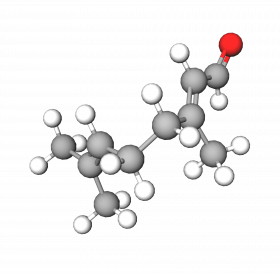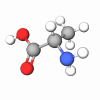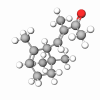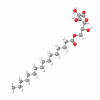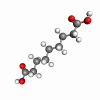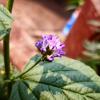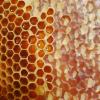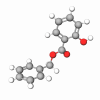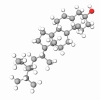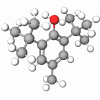Citral is an aliphatic aldehyde found to occur naturally in lemongrass, lemons, and oranges. It is a clear yellow liquid terpene with a strong lemon-like odor and is used as a flavor in perfumery, cologne, and in soaps. It is not endogenous in humans. Citral is the most abundant and important component in all citrus-derived flavoring agents and peel oils.
Citral is a common cosmetic ingredient thanks to its odor-masking property. It is a food flavoring additive that has "generally recognized as safe" (GRAS) status from the FDA. It also has a strong antiseptic effect and boosts preservatives' effectiveness in formulation, prolonging the shelf life of the preparation.
Citral is a monoterpene that has two geometric isomers occurring naturally:
- Neral (cis-citral; CAS No: 106-26-3; EINECS No: 203-379-2; (Z)-3,7-Dimethylocta-2,6-dienal)
- Geranial (trans-citral; CAS No: 141-27-5; EINECS No: 205-476-5; (E)-3,7-Dimethylocta-2,6-dienal) .
Citral is a good insect repellant and is even used in some pesticides. Unfortunately, this ingredient has caused many cases of sensitization and allergic reactions.
